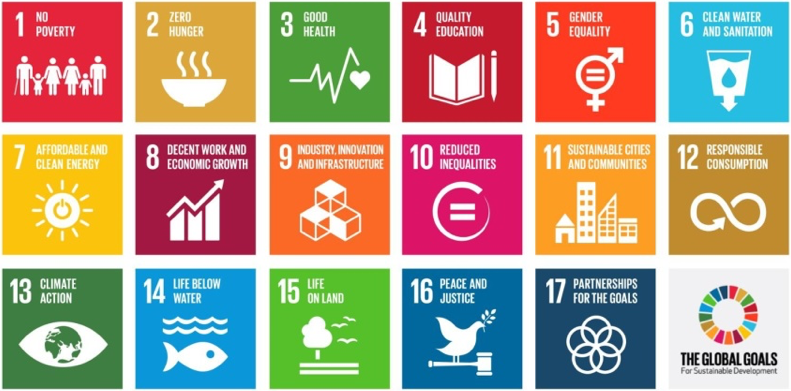Addressing Land and Soil Related Societal Challenges
Land and soil are vital if society is to meet its needs for food, drinking water, energy, shelter and infrastructure. Many of society’s biggest environmental challenges, such as climate change, depletion of natural resources and loss of biodiversity, are related to the use of land and soil. Land and soil are finite resources facing growing pressures and conflicts over their use that contribute to over-consumption of natural capital. Wise management of land and soil has a great potential for balancing society’s demands on and supply of natural capital in the form of resources and ecosystem services. The full range of societal costs and benefits of alternative land management practices should be understood in order to make decisions that lead to balanced and sustainable land use.
Sustainable land management requires the creation of new knowledge and the innovative application of new and existing knowledge in the way we plan, manage and use land and soil. This Strategic Research Agenda identifies what is needed according to over 500 Europeans funders, scientists, policy makers, public administrators, consultants, etc.
In 2015, the United Nations adopted 17 Sustainable Development Goals (Figure 1) as means of addressing and overcoming major societal challenges around the world. The EU is now seeking to put SDGs at the heart of its policy framework, priorities and budget (Box 1).

Figure 1 The United Nations’ 17 Sustainable Development Goals
To contribute to sustainability, land-use management also needs to be environmentally friendly, socially acceptable and economically affordable, e.g. by means of minimizing the consumption of natural resources such as uncontrolled land take for settlement and traffic purposes. The research needs covered in this strategic research agenda were mapped on to the 17 SDGs and will enable the European Commission to achieve its policy and prioritisation transition (Box 1).This research agenda considers soil and land use management challenges including the land related links between the soil-water-sediment (SSW) system, food, energy (figure 2).
Over the next two decades, 260 indicators will be used to evaluate progress towards the 169 specific targets that need to be reached to achieve the 17 SDGs. Soil, sediment, water and indeed the entire system have a role to play in achieving many of the SDGs. The research needs presented in the SRA have a direct, sometimes strong, potential role to play in achieving some of the SDGs. The SSW system has a particularly strong contribution to make to SDG 6: Clean Water & Sanitation; SDG 11: Sustainable cities and communities; SDG 13: Climate action; SDG 14: Life under water and SDG 15: Life on land.
BOX 1 EU's implementation of the Sustainable Development Goals (SDGs)
“The first track with the Communication [Next steps for a sustainable European future: European action for sustainability, SWD(2016) 390 final] is to join up the SDGs to the European policy framework and current Commission priorities, assessing where we stand and identifying the most relevant sustainability concerns. With this, the Commission commits to mainstreaming the SDGs into EU policies and initiatives. It will provide regular reporting of the EU's progress as of 2017 (including in the context of the UN High Level Political Forum), and promote sustainable development globally in cooperation with external partners. The Commission will take implementation forward with the Council and the European Parliament. In order to pursue the 2030 Agenda in partnership with all stakeholders, it will launch a multi-stakeholder Platform with a role in the follow-up and exchange of best practices on SDG implementation.
A second track will launch reflection work on developing further our longer term vision and the focus of sectoral policies after 2020, and reorient the EU budget's contributions towards the achievement of the EU's long-term objectives through the new Multiannual Financial Framework beyond 2020. By adopting such a comprehensive approach, the EU seeks to mainstream the SDGs into the Commission's everyday work and to engage all stakeholders, Member States and the European Parliament in its implementation to work towards full implementation of the 2030 Agenda for Sustainable Development”.


